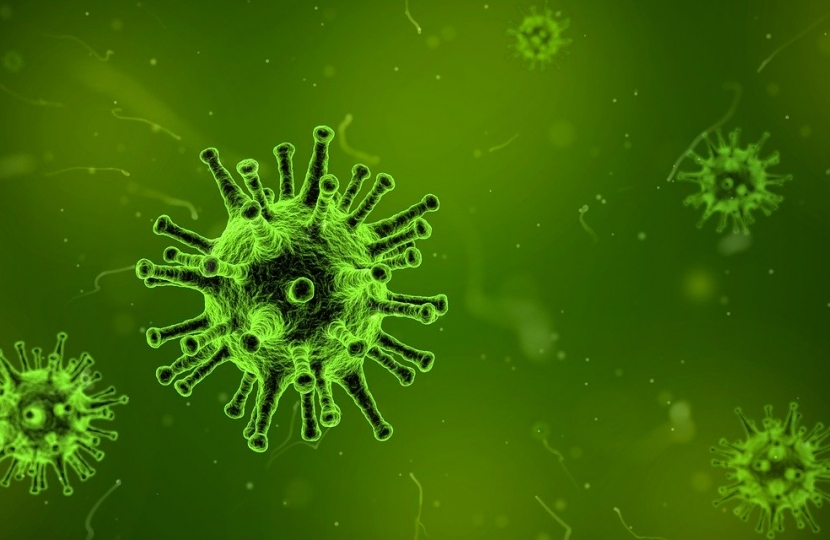Brian Whittle MSP writes about his experience having coronavirus symptoms:
“For the last week, I have been self-isolating with a suspected case of the coronavirus, and let me tell you, it’s not something I would wish on anyone.
It started with a bit of a sore throat and a cough one evening. By the next morning, I had added a temperature and sore joints to my list of symptoms. I was also feeling run-down and had a tightness across my chest. Over the next 24 hours or so, the symptoms worsened to the point that I could hardly do anything.
I’m a pretty fit and healthy person, so when I tell you that at one point the time it took me to get downstairs was measured in minutes, not seconds, you’ll have an idea of how bad it was. I’ve had the flu before and thought this would be much the same, but it was far worse. I don’t mind telling you I was a bit scared about how hard this bug hit me. Thankfully, I’m now on the mend but I’m still pretty wrung out.
The biggest takeaway for me isn’t that I was unlucky enough to get it, it’s that by following social distancing and other measures like washing my hands, I’ve hopefully avoided giving it to anyone close to me.
Like many other people, I thought about visiting my parents on Mother’s Day and now I’m so glad that I stuck to the rules and stayed at home. It can take a few days to show symptoms once you have the virus so it’s very likely I had it then and could have given it to my family. I can’t imagine how I would have felt if I’d decided I was an exception to the rules and then been responsible for putting my parents in hospital or worse. Anyone can get this virus and anyone can spread it; no-one is an exception.
While the majority of people who contract the virus won’t need hospital treatment, that doesn’t mean the symptoms won’t hit you hard. Some people have very mild symptoms, some people have no symptoms at all, but some people will be absolutely floored by it and there’s no way to predict how it’s going to affect you or the people you care about.
The best way to beat COVID-19, is to not get it in the first place. That’s why we’re all social distancing and why older and more vulnerable people should be isolating themselves as much as possible.
I know this is a big challenge; we’re being asked to stop doing basic, everyday things like going out for a coffee or meeting friends and family; but every trip you avoid helps us protect the NHS and save lives. We’ve already seen evidence that social distancing is helping to control the spread of COVID-19 so we need to keep it up.
As always, if I can help with anything, my team and I are still available by e-mail or phone – [email protected] , 01563 544399”
- Brian Whittle MSP




